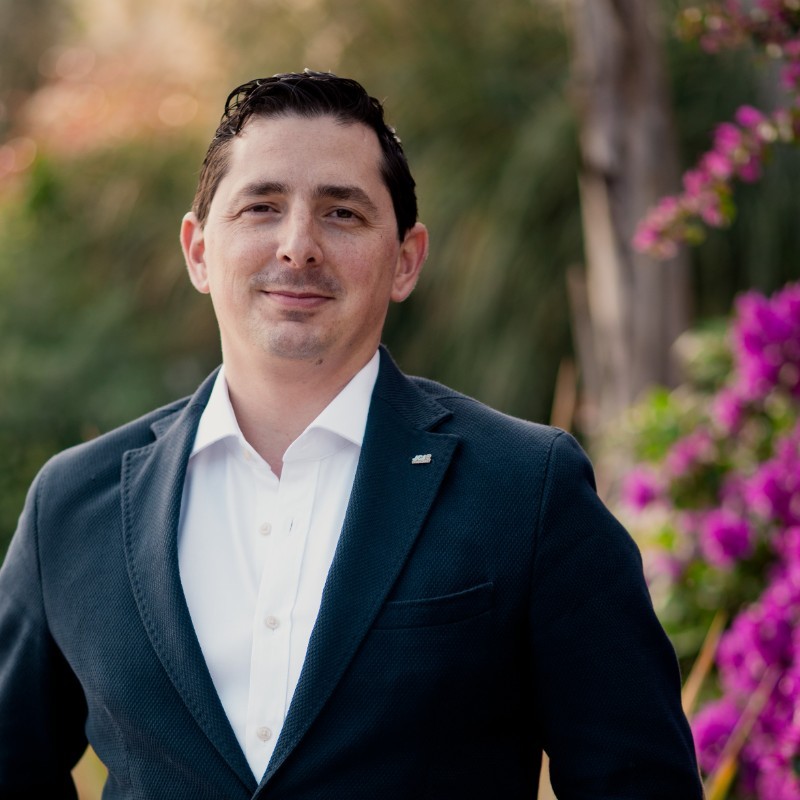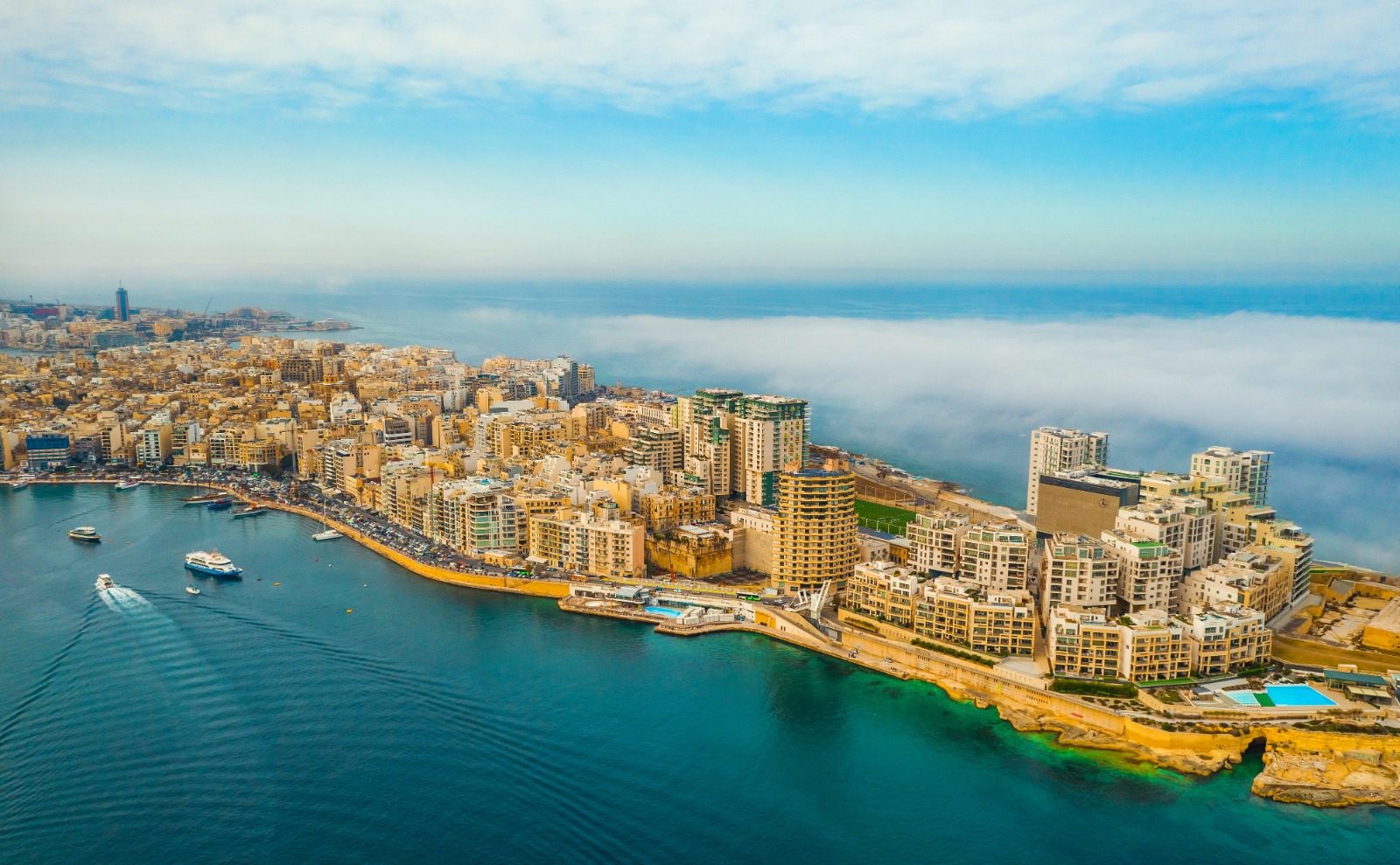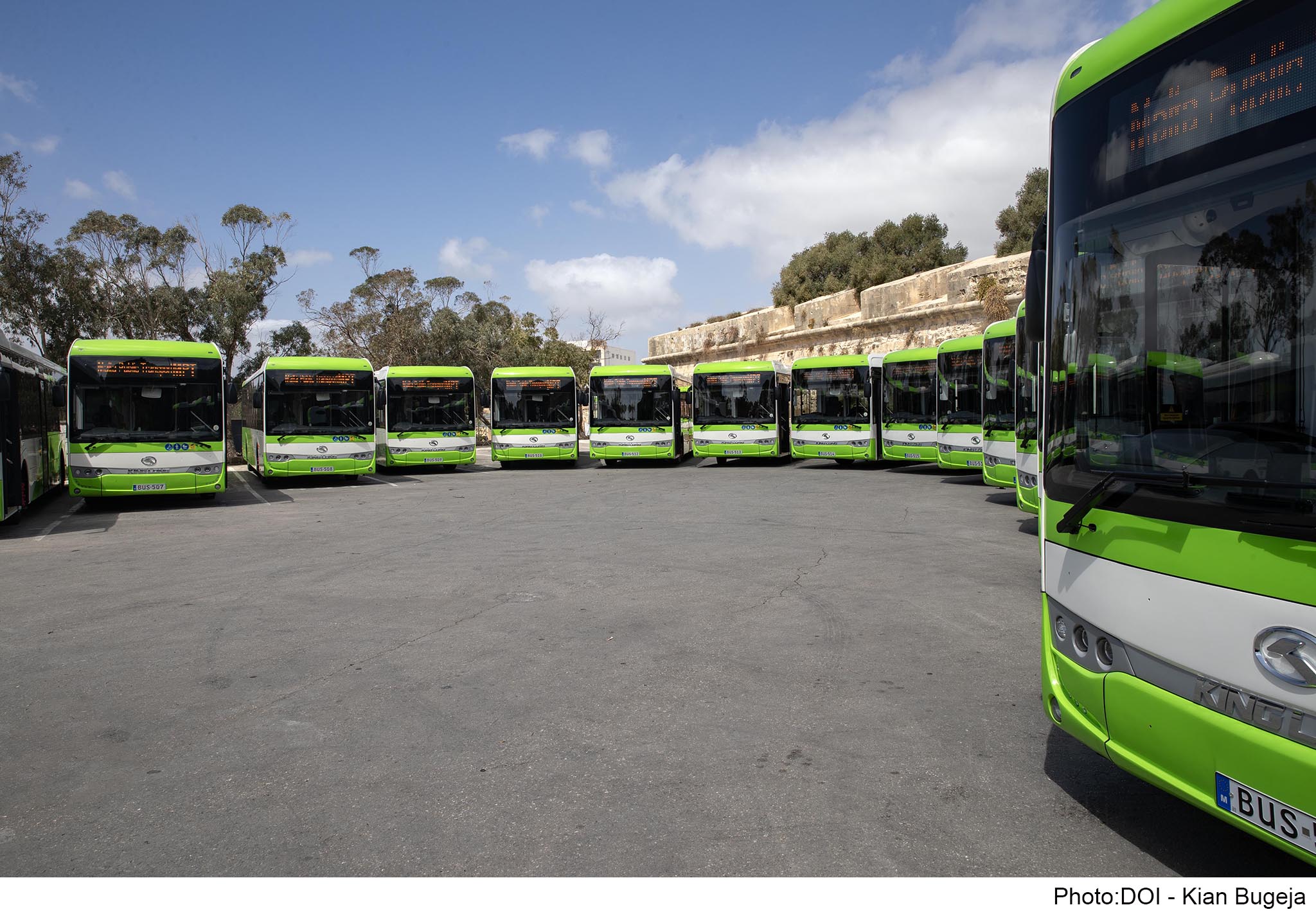Malta’s efforts to position itself as the “new home” of international start-ups have yet to bear fruit. More importantly, they are unlikely to ever do so, unless “drastic” changes are made to the country’s start-up landscape, argues Matthew Caruana, CEO of JAYE Malta Foundation, an organisation which nurtures entrepreneurial skills in young people.
Mr Caruana is perhaps better known as the former manager of Malta’s home-grown crowdfunding platform Zaar, set up as a joint venture between Malta University Holding Company and the Malta Business Bureau, the latter being itself a collaboration between The Malta Chamber and the Malta Hotels and Restaurants Association.
Last week, Mr Caruana, who also advises and mentors start-ups and those looking to crowdfunding to raise finance, published proposals for “drastic improvements”’ which he believes are needed to put Malta on the map as a start-up hub, arguing that “the small incremental changes that have been made so far” have failed to raise the country’s international profile in the sector.
His suggestions include the set-up of support structures that are tailor-made for start-ups, cultivating better investor awareness and more attractive funding schemes to improve access to finance, and integrating entrepreneurial education at all levels of the school system, starting from primary.
One of the key factors holding Malta back, he believes, is the lack of familiarity with standard elements of start-up culture. For example, the Seed Investment Scheme, run by MIMCOL, specifies that the investor needs to buy new issued shares at par.
“This is not what usually happens in practice,” explains Mr Caruana. “Usually, the par value is set very low for a startup, as it’s what determines what the founder puts in at the beginning, but it does not reflect the fair market value of when an investor is getting the newly issued shares.”

The tax implications of the scheme are also unclear, with founders having little visibility as to their possible tax exposure due to capital gains. When combined with benefits that are not as aggressive as those offered by competing jurisdictions, this results in a scheme with great potential, but tepid execution.
Founders looking to private capital are also often disappointed, with Mr Caruana describing many local investors’ approach to start-ups offers.
“Seeing investors, supposedly knowledgeable, asking for 60% of a start-up is ridiculous and it stops entrepreneurs from even seeking this route for funding,” he wrote.
Delving deeper into the issue, he says that the key thing investors need to understand is that start-up investing typically involves a portfolio of ideas and innovations, allowing them to spread risks and maximise opportunities.
“Moreover, like in betting, where there is a saying that you don’t bet on the horse but on the jockey, the same goes for startups. Investors would also be investing in the people behind the startup. So even if their first idea fails, or even their second, eventually good people come through these issues with lessons learnt, and would be successful in new and different ways.
“Therefore, they would need to go for the long haul with the founders, giving them space, encouragement, support and time without taking over and suffocating the innovation, passion and determination the founders bring with them.”
Institutional investors also need to do more to “understand the strange beast of start-ups”, he continues. “Certain advice and processes that we set up in Malta are not geared for startups. For example, I heard of alot of service providers that advise startups to go for a bank loan as their only choice for financing… I believe that this is the first thing to know, that startups are not really bankable in their early stage. So then, I wonder what other advice they are giving.”
Mr Caruana believes Malta offers an excellent prospect for start-ups, and says that he effort to attract emerging sectors like blockchain, crypto, digital video games, and the metaverse are “commendable”.
However, he believes the authorities can go a step further, by attracts start-ups that solve some of the problems that Malta is facing.
“Why not identify the key issues that we face and seek to attract talent and problem solvers for these issues? Think air pollution, think waste management… These will have the double benefit of both attracting new start-up investment and solving the problems that our communities keep facing.”
Malta’s size can be used to its advantage here.
“We often hear people say that the Malta market can be a good test bed for new ideas. Historically, for example, Malta was the first overseas market that Vodafone had ventured into specifically for this reason. Our size and the diversity in the market gives it this unique feel. It’s like having a miniature country, not a small region or a small municipality but a whole country.
“Imagine if 5-10 years ago we aggressively invited car manufacturers to use Malta or Gozo as a test bed for electric cars and have all Gozo electrified. We would have a cleaner Gozo and the company could advertise that it electrified a whole island or a whole country.”
Mr Caruana therefore suggests identifying key issues, like waste management, and issuing a global call to innovators to figure out, for example, how recycling plants could made more feasible for places with a similar size to Malta.
“Local and foreign innovators can pitch proposals, and then the authorities will give them the space, tools and policy changes to kick off these ideas,” he says.
“Let us educate people and raise awareness about investing, instead of scaring them,” Mr Caruana concludes. “We have major issues to solve, and we need good investment in innovation and new solutions to tackle these issues.”
Government shells out close to €70 million to national bus operator Malta Public Transport in 2023
Buses became free for residents in late 2022, leading to a hefty increase in the public subsidy
Opera Cloud PMS: The cost-effective property management system for any hotel size
Smart Technologies Ltd provides leading hotel PMS system, starting from just €6 per room per month
Inflation rate in Malta drops from 3.7% in January to 2.7% in March, nearing EU average – Government
The Government attributed the decrease in inflation to its initiative ‘Stabbiltà’






